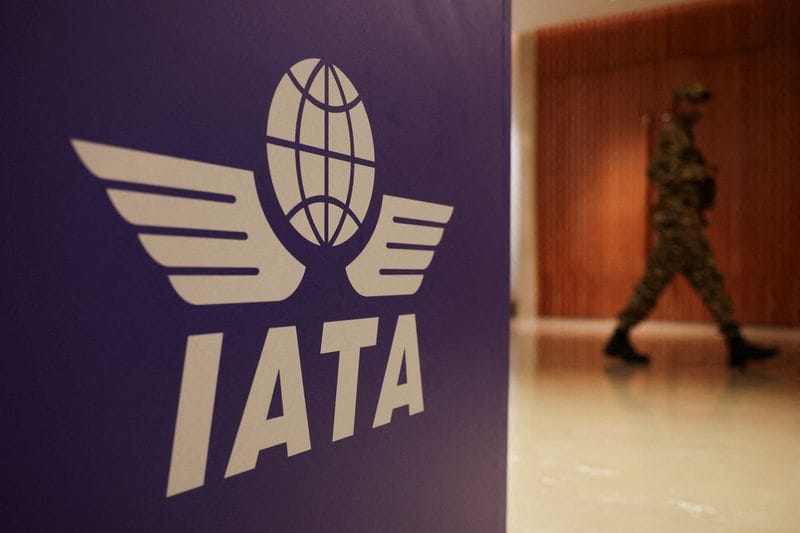IATA’s new Integrated Sustainability Program (ISP) establishes a unified ESG certification and management system tailored to aviation.
The program builds on IATA’s Environmental Assessment (IEnvA), expanding to cover sustainable procurement, social responsibility, and performance measurement.
Air New Zealand and EVA Air are the first airlines certified under the ISP’s Sustainable Procurement module.
Hong Kong Launch Sets New ESG Benchmark for Aviation
The International Air Transport Association (IATA) has launched its Integrated Sustainability Program (ISP) at the World Sustainability Symposium, introducing a comprehensive certification and management system to standardize how airlines measure, report, and improve their sustainability performance.
The program establishes a single global framework that integrates environmental, social, and governance (ESG) criteria into airline operations. Built upon IATA’s established Environmental Assessment (IEnvA), the ISP extends beyond environmental management to include sustainable procurement, social responsibility, and performance benchmarking.
Marie Owens Thomsen, IATA’s Senior Vice President for Sustainability and Chief Economist, said the certification “validates that an airline is managing its sustainability efforts at the highest level and in the broadest context.” The ISP, she added, provides regulators, investors, and customers with a transparent view of ESG progress while aligning aviation practices with international standards.


Four Core Modules for ESG Integration
The ISP consists of four modules that can be pursued individually or as part of an integrated certification. Each certification is valid for two years and requires independent reassessment to maintain compliance.
Environmental Management:
The first module fully integrates IATA’s IEnvA program into the ISP framework, incorporating ISO14001:2015 standards. It guides airlines in measuring and reducing emissions, waste, noise, and other environmental impacts while ensuring compliance with environmental obligations. Airlines already certified under IEnvA will transition into the ISP system, gaining access to additional ESG-focused modules.
Sustainable Procurement:
For the first time, the aviation industry gains a certification aligned with ISO20400:2017 standards for sustainable procurement. This module enables airlines to evaluate supply chain sustainability and ensure that suppliers adhere to responsible environmental, social, and governance practices.
Social Responsibility:
Incorporating ISO26000:2010, the UN Guiding Principles on Business and Human Rights, and OECD guidelines, this module provides a structured approach for airlines to address labor, human rights, and community engagement risks. It helps organizations embed social governance practices and continuous improvement in customer care, employee well-being, and community development.
Sustainability Performance:
The final module allows airlines to track, benchmark, and disclose ESG performance metrics in line with evolving investor and regulatory expectations. By offering consistent and transparent reporting standards, the ISP supports data-driven decision-making and credible sustainability disclosures.
RELATED ARTICLE: IATA and Chooose Partner to Deliver Accurate Flight Emissions Data
Early Adopters: Air New Zealand and EVA Air
At the Hong Kong symposium, IATA confirmed that Air New Zealand and EVA Air are the first airlines to receive certification under the Sustainable Procurement module.
Kiri Hannifin, Air New Zealand’s Chief Sustainability and Corporate Affairs Officer, said the carrier views sustainability as central to its national and corporate responsibility. “By backing IATA’s new ISP, we want to play our part to help lift standards across aviation, and demonstrate that doing what’s right is about doing good business,” she said.


EVA Air’s Chief Sustainability Officer, Jason Liu, described the certification as “a key milestone in EVA Air’s sustainability journey,” adding that it reinforces the airline’s commitment to building a resilient, ethical supply chain through collaboration with partners.
Next Steps and Industry Implications
Initially available only to airlines, IATA plans to expand the ISP to include ground handlers, cargo operators, airports, maintenance providers, and caterers. The association said the framework will evolve through consultation with industry stakeholders to ensure that guidance and standards remain practical and aligned with global ESG and regulatory developments.
For executives and investors, the ISP offers a credible benchmark for assessing airline sustainability performance amid tightening disclosure rules and increasing scrutiny of aviation’s climate impact. It also provides a structured path toward integrating ESG principles across an industry responsible for roughly 2% of global carbon emissions.
By consolidating environmental and social certifications under a unified global system, IATA’s program aims to embed ESG accountability directly into operational decision-making — a shift that could reshape how the aviation sector reports, competes, and collaborates on sustainability over the coming decade.
Follow ESG News on LinkedIn

